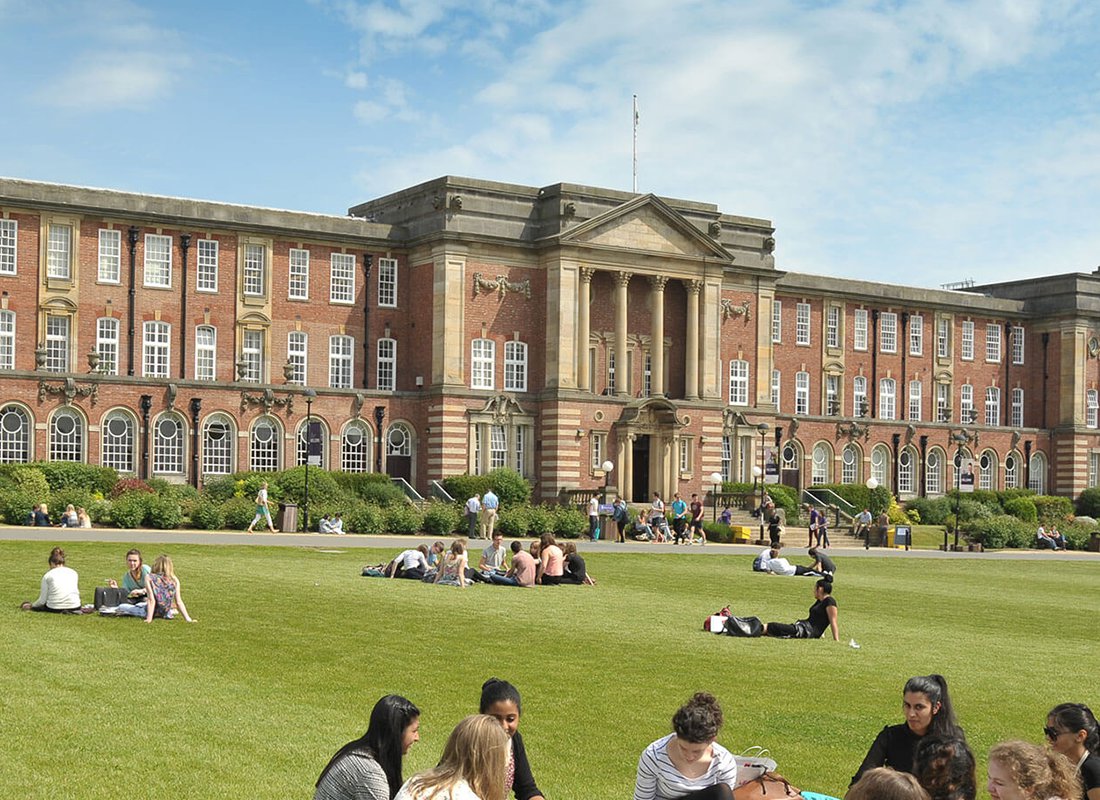Give your children the gift of studying at the world's
most prestigious schools in the United Kingdom
most prestigious schools in the United Kingdom
Kalido Private Office offers support to international families who wish to give
their children the best education that Britain has to offer.
their children the best education that Britain has to offer.
How we can help
Education consultancy tailor-made for your family
School search, introduction and placement
Admissions preparation (tutoring and assessment)
On-going education management (per term)
Guardianship services
University admissions
Secondary Education
The main tiers of school education in the UK:
Nursery or primary school, attended from 2.5 years to 7-8 years of age
Preparatory School, attended between 7-8 to 13 years of age
Secondary School, attended between 11-13 to 18 years of age
Nursery or primary school, attended from 2.5 years to 7-8 years of age
Preparatory School, attended between 7-8 to 13 years of age
Secondary School, attended between 11-13 to 18 years of age
In the United Kingdom children begin their education
at 5 years of age and continue studies until they are 16.
Schools can be either state where tuition is offered
at no charge, or non-state public where tuition is paid.
The most celebrated institutions of the latter type are Eton College, Harrow, Radley, and Winchester schools.
The main subjects are literature, English, foreign
languages, mathematics, natural sciences, and additional options varying from school to school. In the course of their education students regularly sit for nationwide tests,
the Standard Assessment Tasks, or SATs.
Upon completing secondary education all students pass
final exams and obtain their first certificate, the General Certificate of Secondary Education, or GCSE.
at 5 years of age and continue studies until they are 16.
Schools can be either state where tuition is offered
at no charge, or non-state public where tuition is paid.
The most celebrated institutions of the latter type are Eton College, Harrow, Radley, and Winchester schools.
The main subjects are literature, English, foreign
languages, mathematics, natural sciences, and additional options varying from school to school. In the course of their education students regularly sit for nationwide tests,
the Standard Assessment Tasks, or SATs.
Upon completing secondary education all students pass
final exams and obtain their first certificate, the General Certificate of Secondary Education, or GCSE.
The GCSE exam tests a young person's knowledge
of each subject they had studied and is comprised of 3 parts which are course work, a theoretical task, and a practical task.
Upon obtaining the GCSE Certificate of Secondary Education
at the age of 16 the student may continue their education at either a college or a university.
British schools enjoy world renown due to the qualities they emphasise in child development. These are discipline, efficient problem-solving and critical thinking skills, all of which
are essential for a successful career.
of each subject they had studied and is comprised of 3 parts which are course work, a theoretical task, and a practical task.
Upon obtaining the GCSE Certificate of Secondary Education
at the age of 16 the student may continue their education at either a college or a university.
British schools enjoy world renown due to the qualities they emphasise in child development. These are discipline, efficient problem-solving and critical thinking skills, all of which
are essential for a successful career.
Points to consider when
choosing a school
choosing a school
-1-
Reputation and specialisation
-2-
Opportunities after graduation
-3-
Social environment and location
-4-
The school's academic ranking
-5-
Successful adaptation of the child
Why parents choose boarding schools
Boarding schools are both schools and residences. Here children both study and live. Boarding schools offer sporting and artistic extracurriculars along with classes. The environment at a boarding school is ensured to provide comfort and safety for the child as well as an outstanding education.
School Entrance Process
1
Filling out an
initial questionnaire
initial questionnaire
2
Interviewing
the parents and child
the parents and child
3
Assessing
the child's English level
the child's English level
4
Academic
and personality tests
and personality tests
5
Selecting schools
according to your preferences
according to your preferences
6
Visiting
short-listed schools
short-listed schools
7
Registering with
schools of your choice
schools of your choice
8
School tests
and interviews
and interviews
9
Receiving acceptance offer from school and enrollment
University education in the UK
British universities offer 3 main types of degree programmes:
Bachelor's Degree (BA, BSc), Master's Degree (MA, MSc,
MRes), Doctorate Degree (PhD)
Bachelor's Degree (BA, BSc), Master's Degree (MA, MSc,
MRes), Doctorate Degree (PhD)
The future of our children begins with education
There are many universities in the United Kingdom that have gained international renown and top global university rankings year after year. If you wish to attend a British university you can choose from many options in England, Wales, Scotland, and Northern Ireland.
For those interested in studying at splendid historical campuses there is a wide range of centuries-old traditional universities including the celebrated Oxbridge, the duo of Oxford and Cambridge universities.
Top UK universities
-1-
Cambridge University
-2-
Oxford University
-3-
University College London
-4-
Imperial College London
-5-
King's College London






